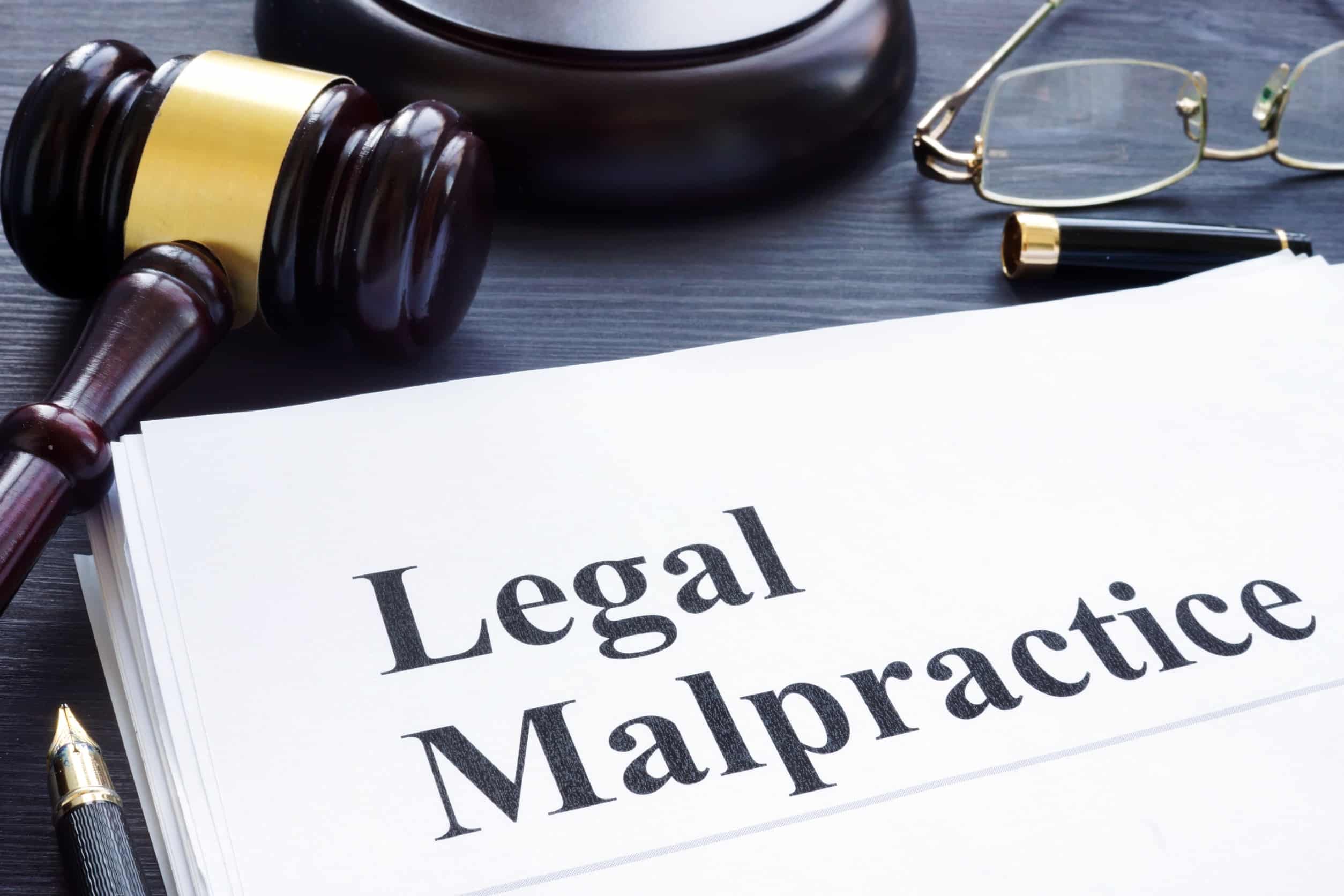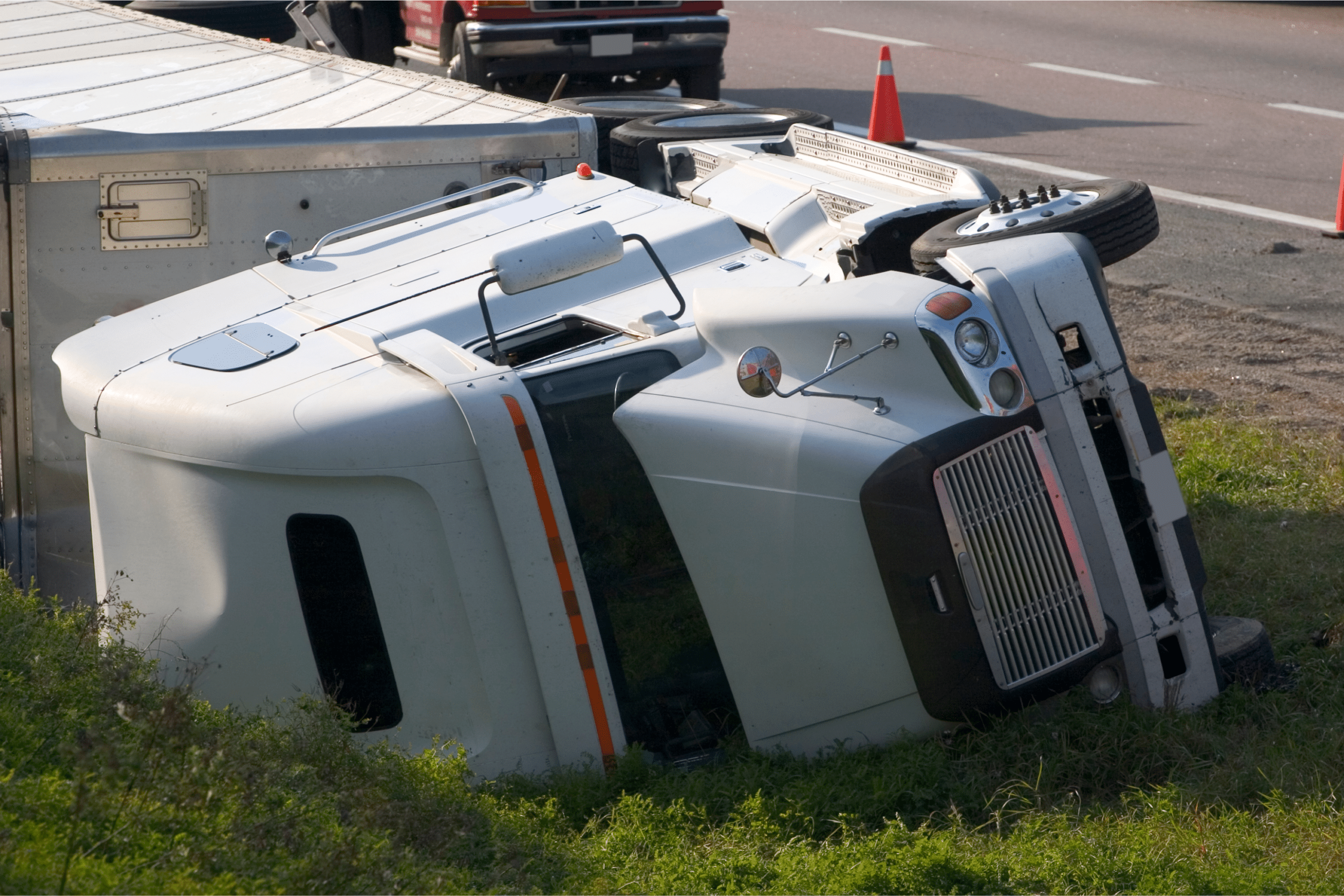When you hire a lawyer, you expect that lawyer to handle your case professionally, appropriately, and with your best interests in mind.
If your lawyer doesn’t live up to this duty of care, you might have a legal malpractice lawsuit on your hands… but you also might not.
Just because you lose your case, that doesn’t mean your lawyer didn’t do his or her job adequately. He or she must be seriously negligent or intend to cause harm for a malpractice lawsuit to even be considered.
Proving legal malpractice is difficult. You have to show that:
- Your attorney owed you a duty to act properly.
- Your attorney breached that duty due to negligence, a mistake, or not doing what he or she agreed to do.
- Your attorney’s actions caused you financial harm.
- You suffered financial damages as a result of your attorney’s conduct.
Still think you have a potential lawsuit? Let’s go over three things that constitute legal malpractice in Florida, and three things that do not.
What are Examples of Legal Malpractice?
Here are three examples of actions that might indicate you have a legal malpractice lawsuit:
Failing to know or properly apply the law. This is the most common legal malpractice claim from clients in the United States. This could come into play if your lawyer simply doesn’t know the legal principles that apply in your situation or if your attorney researches the principles and doesn’t apply them correctly.
Failing to get your consent. When you have a legal case, there are a number of ways your case can go depending on how you choose to proceed. If your lawyer makes those decisions for you – without your knowledge or consent – your lawyer might be guilty of malpractice. If you had been aware of your potential choices, alternatives, or the risks involved, you might have made a different decision, which could have changed the outcome of the case.
Failing to know of deadlines. The law is very meticulous when it comes to time. There are specific deadlines your lawyer must pay attention to in order for your case to continue. If your lawyer doesn’t know about a deadline, miscalculates a deadline, or applies the wrong deadline, your case could be in jeopardy of moving forward, which could indicate malpractice.
What are Not Examples of Malpractice?
Here are three examples of actions that wouldn’t qualify as legal malpractice:
Recommending a low settlement. When you first bring a case to an attorney – especially if they want you to hire them – they might provide you with an inflated estimate of what your case is worth. As you get further along with the case, though, your attorney might end up recommending a lower settlement than what you were originally quoted. Unfortunately, this isn’t malpractice. A number of factors could change your potential settlement. If you think there is too much of a difference, get a second opinion.
You see your lawyer with the opposing lawyer. We automatically assume that just because attorneys are on the opposite sides of a case that they aren’t allowed to be friends. This is untrue. Your lawyer is allowed to socialize with the opposing counsel, but he or she is not allowed to divulge any information you told them in confidence.
Your attorney makes a mistake. Simply making a mistake doesn’t constitute legal malpractice. If your lawyer missed a deadline, didn’t show up for a meeting, or made some other kind of error, you don’t necessarily have a malpractice case. Remember, the mistake has to cause you financial damages in order to qualify as malpractice.
Although legal malpractice is difficult to prove, that doesn’t mean you shouldn’t fight back if you believe you were the victim of malpractice. Reach out to an experienced Florida legal malpractice attorney today to determine if you have a case and the best what to proceed.
About the Author:
Andrew Winston is a partner at the personal injury law firm of Winston Law. For over 20 years, he has successfully represented countless people in all kinds of personal injury cases, with a particular focus on child injury, legal malpractice, and premises liability. He has been recognized for excellence in the representation of injured clients by admission to the Million Dollar Advocates Forum, is AV Preeminent Rated by the Martindale-Hubbell Law Directory, enjoys a 10.0 rating by AVVO as a Top Personal Injury Attorney, has been selected as a Florida “SuperLawyer” from 2011-2017 – an honor reserved for the top 5% of lawyers in the state – and was voted to Florida Trend’s “Legal Elite” and as one of the Top 100 Lawyers in Florida and one of the Top 100 Lawyers in the Miami area for 2015, 2016, and 2017.
 6 Common Summer Injuries for Florida Kids
6 Common Summer Injuries for Florida Kids 

















